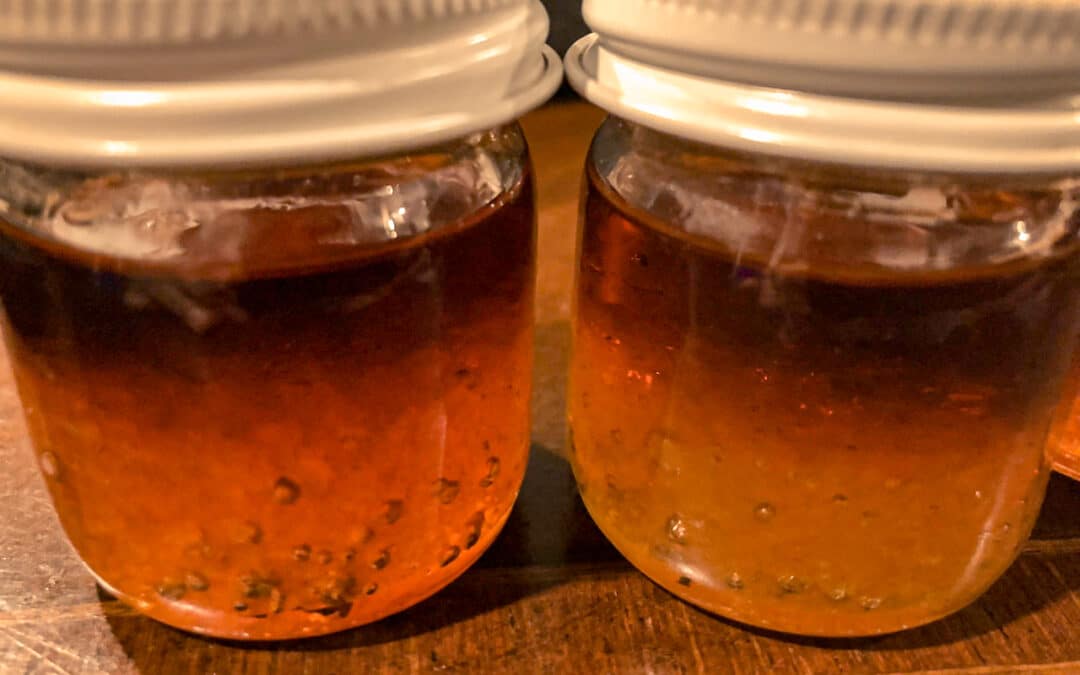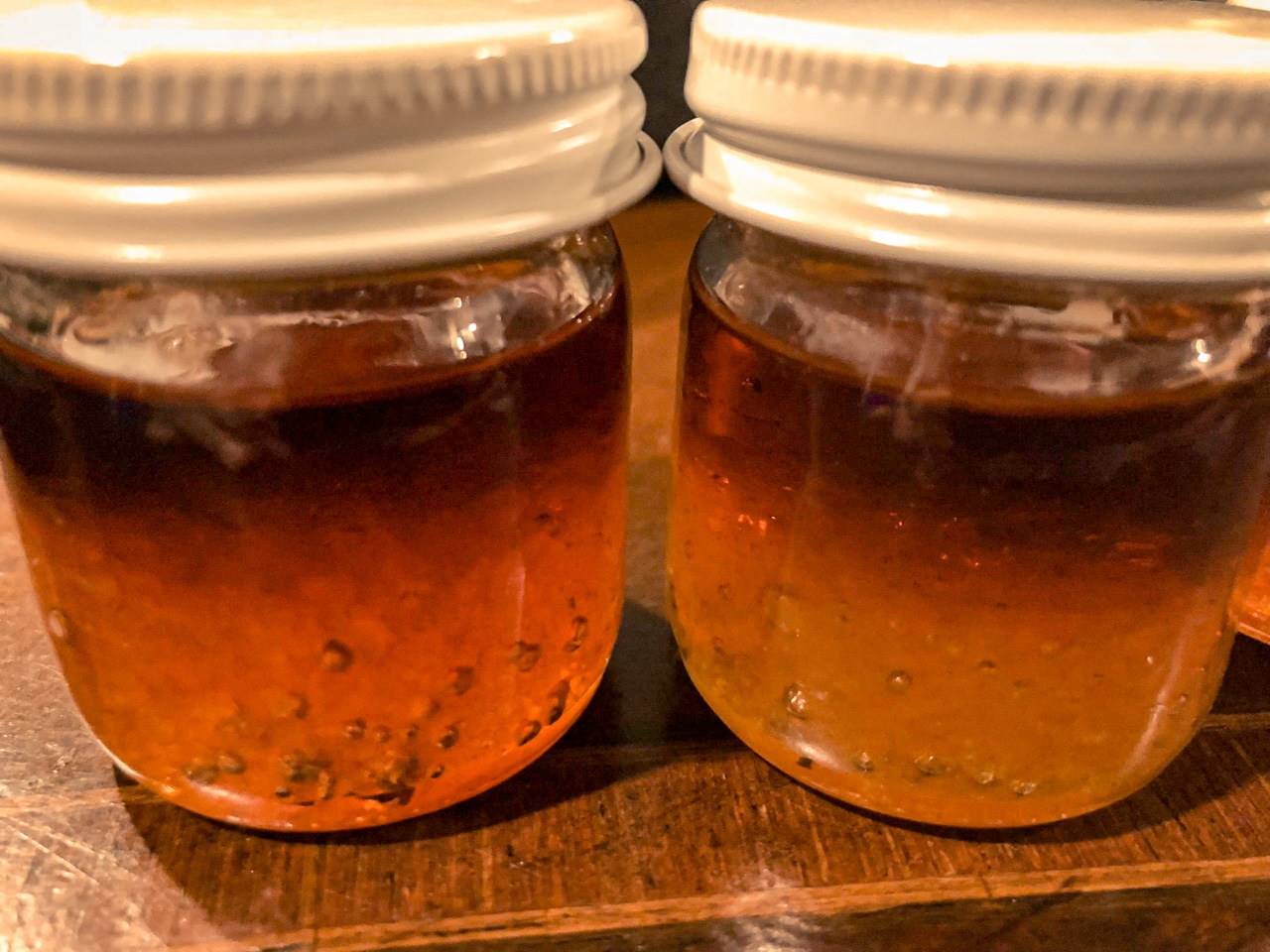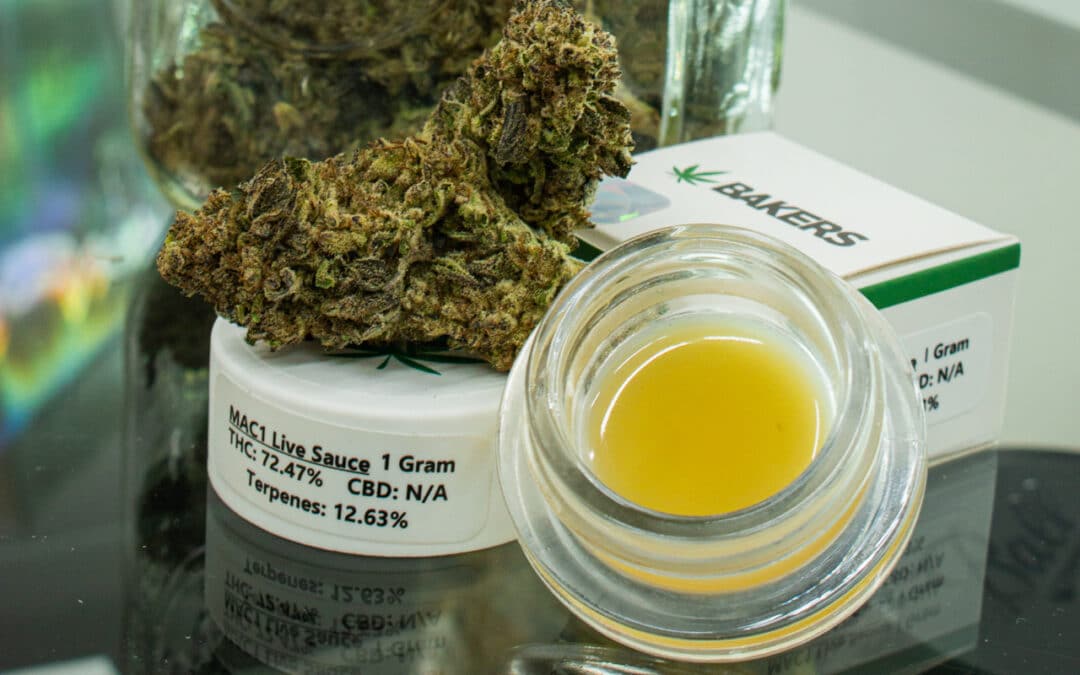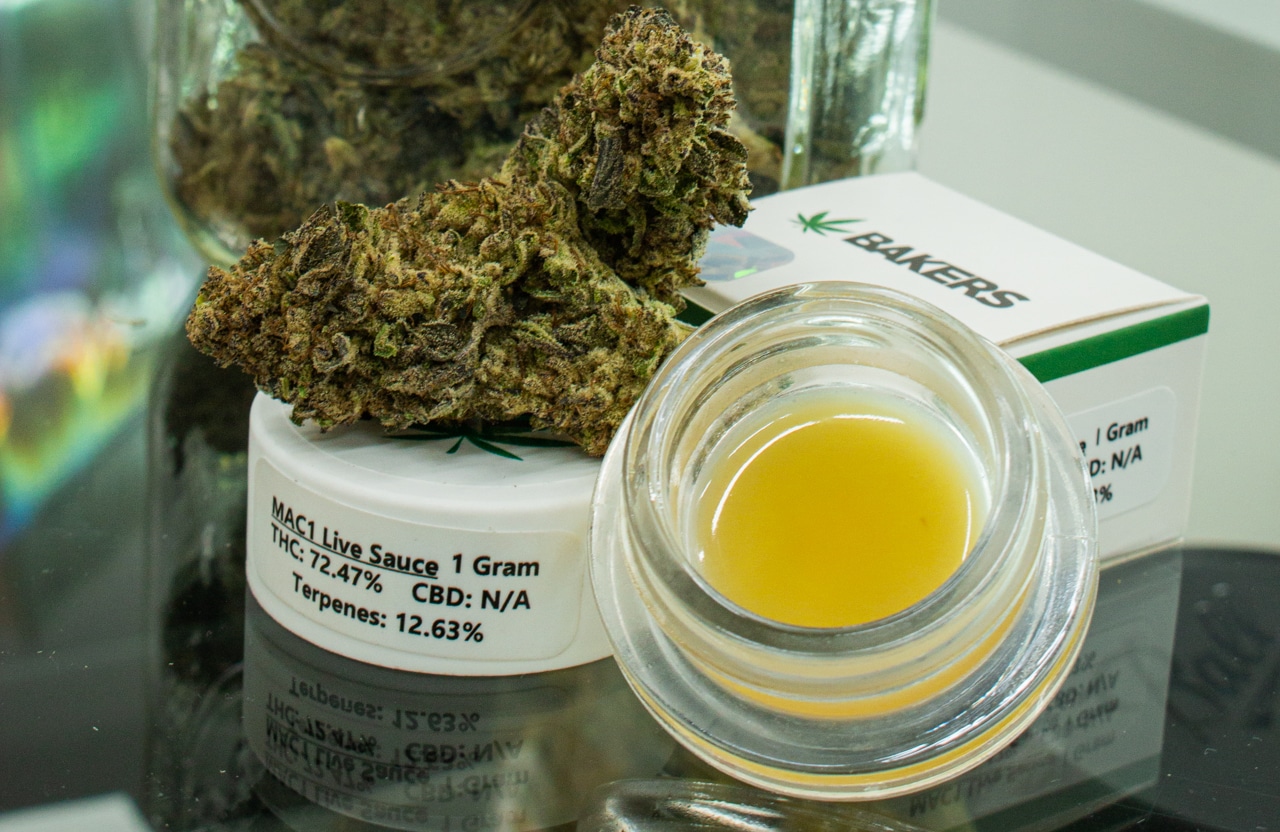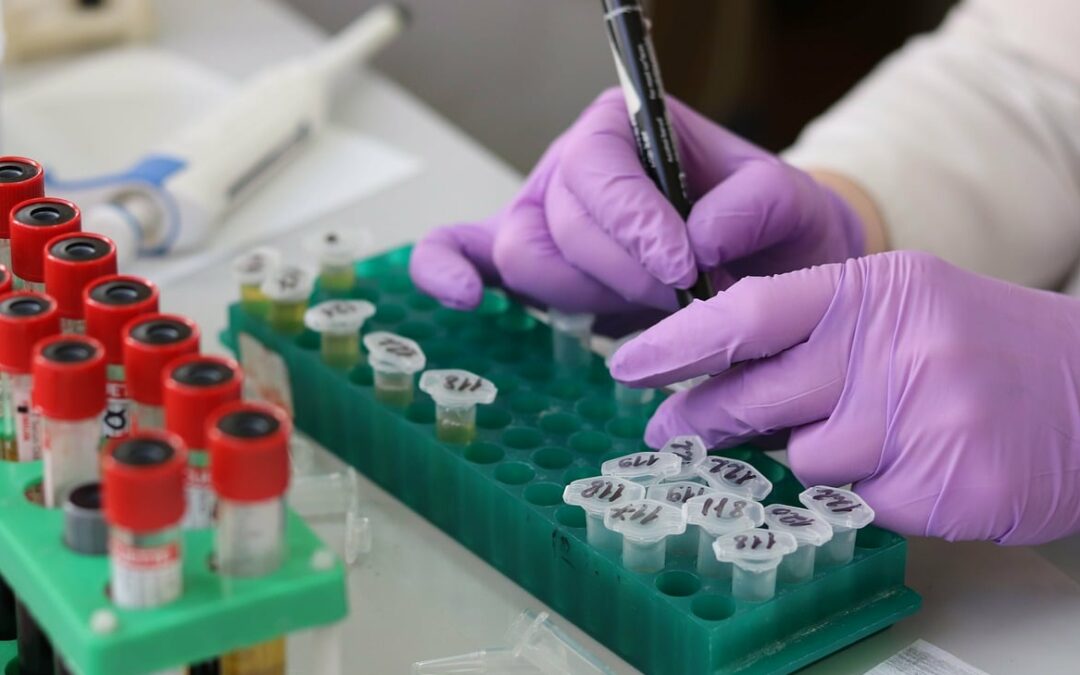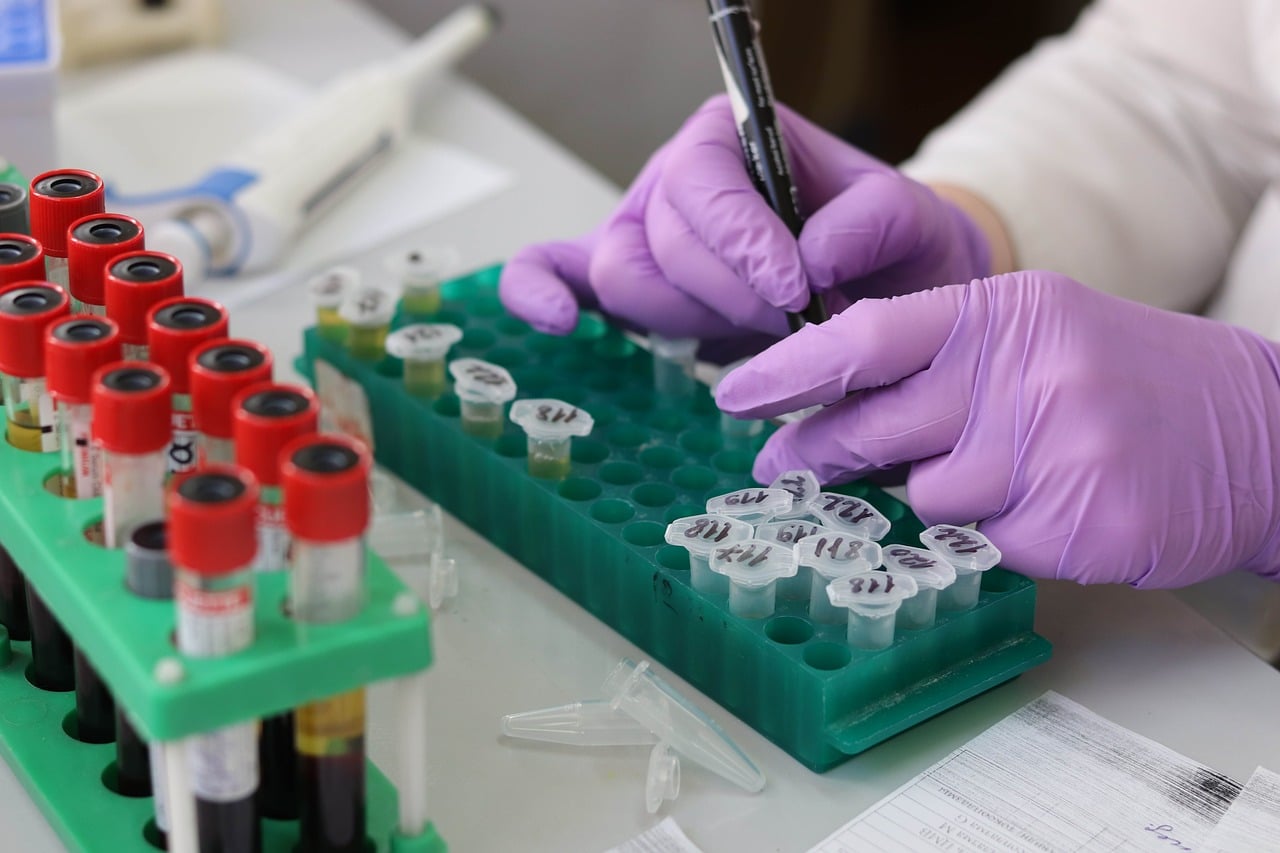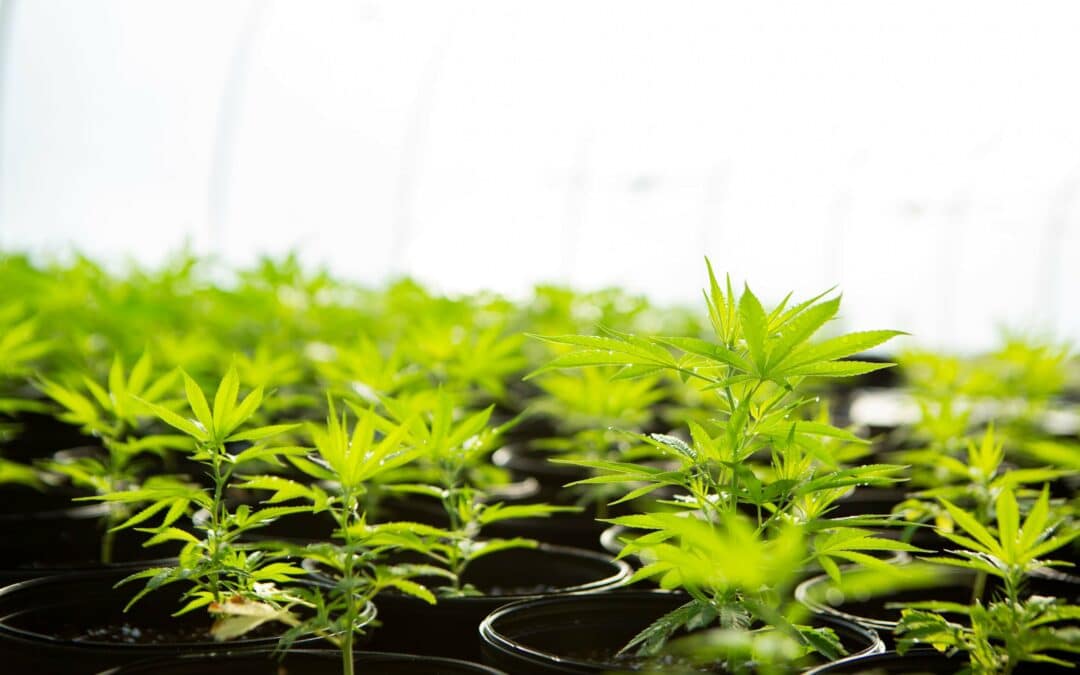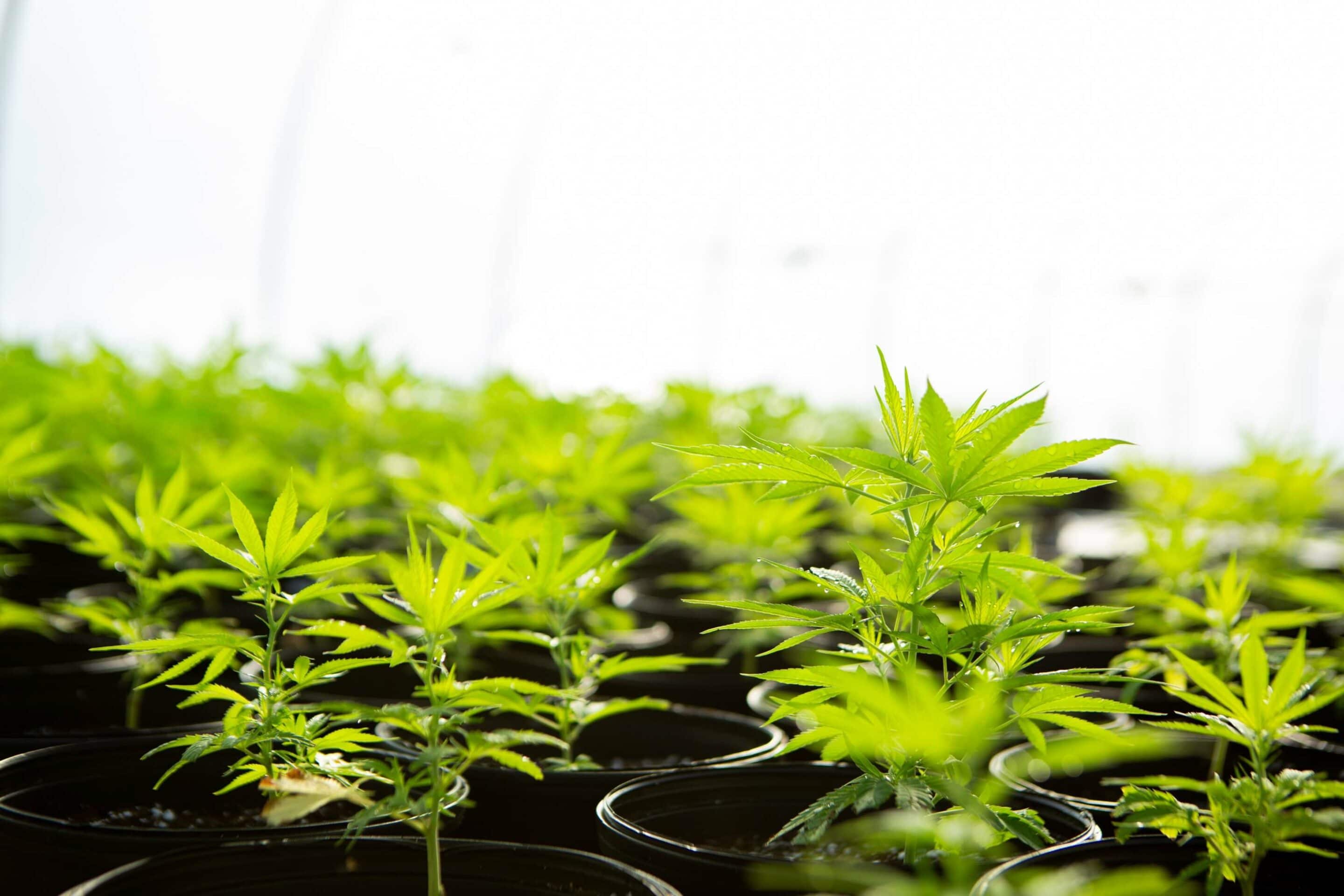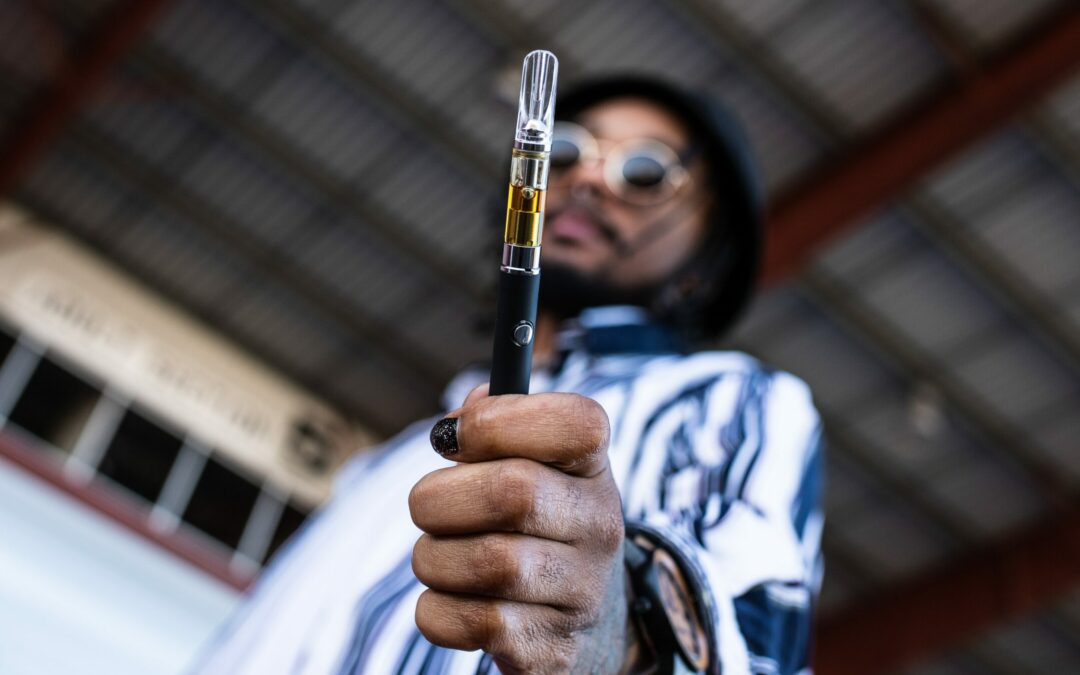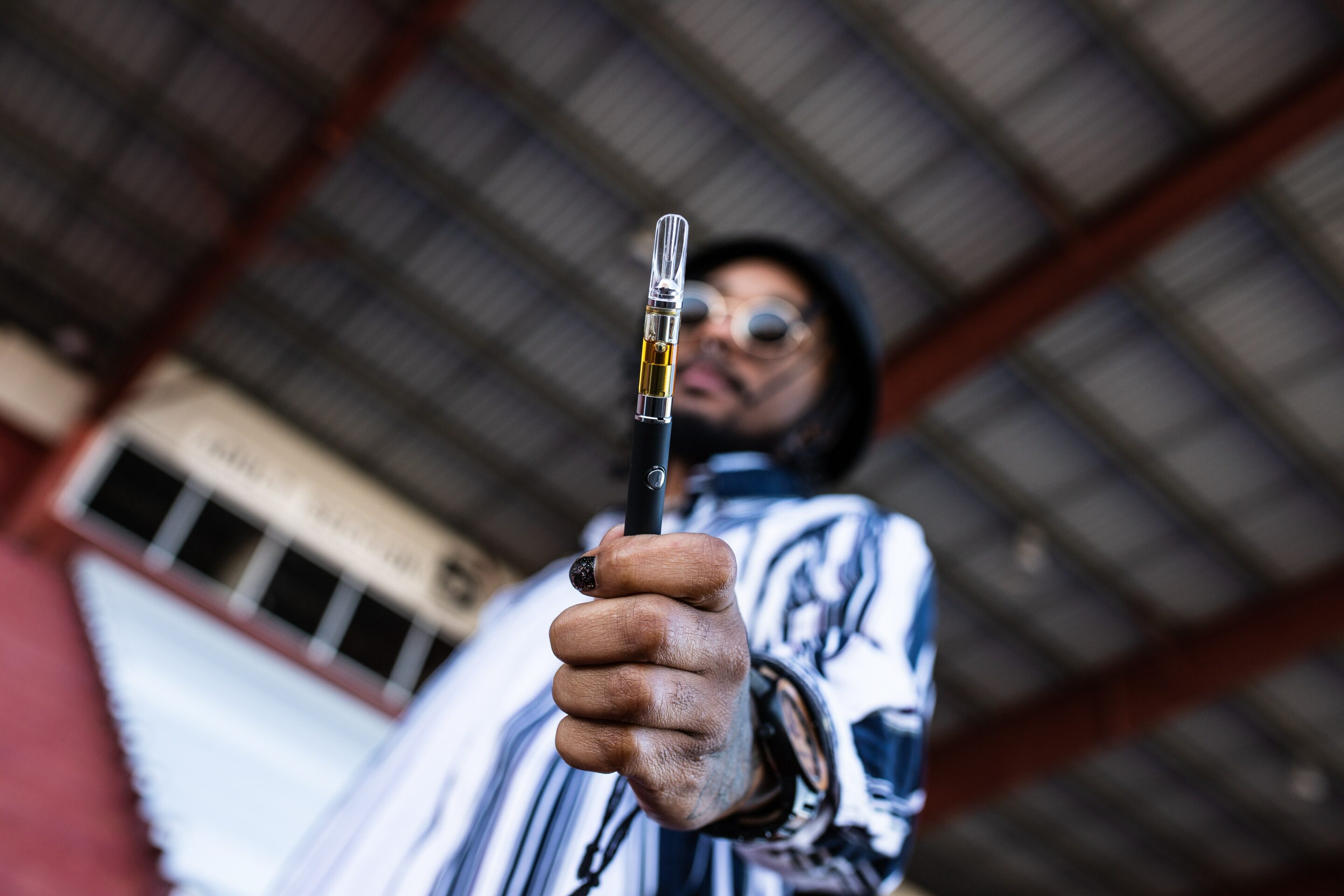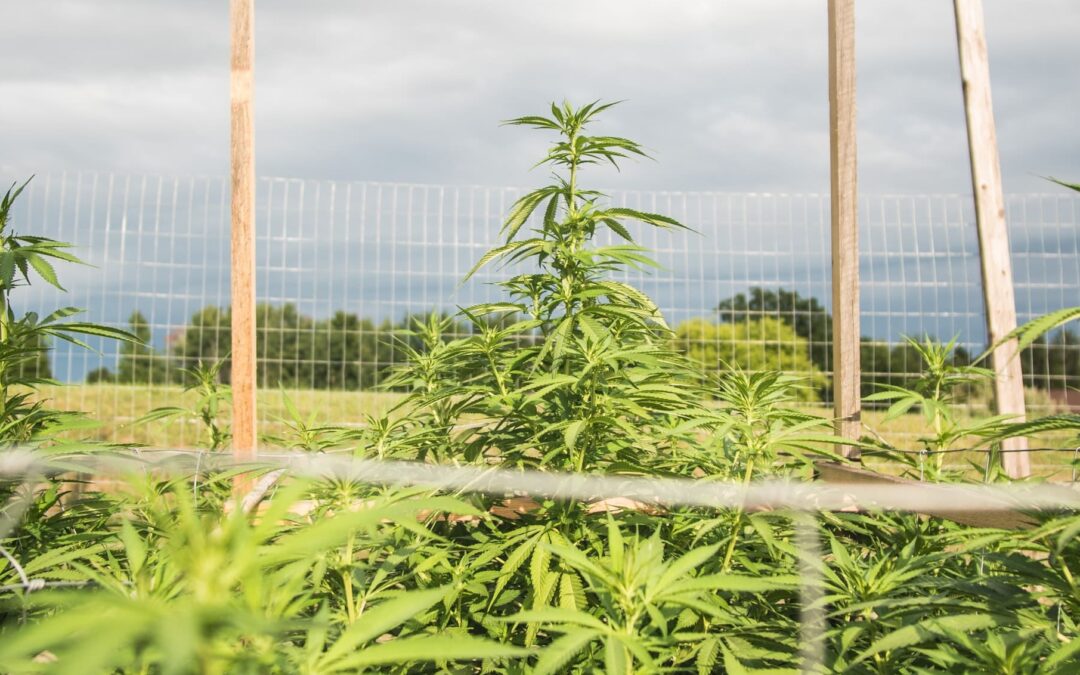
Colorado Hemp and Marijuana Growers at Odds Over Proposed Cannabis Farming Law
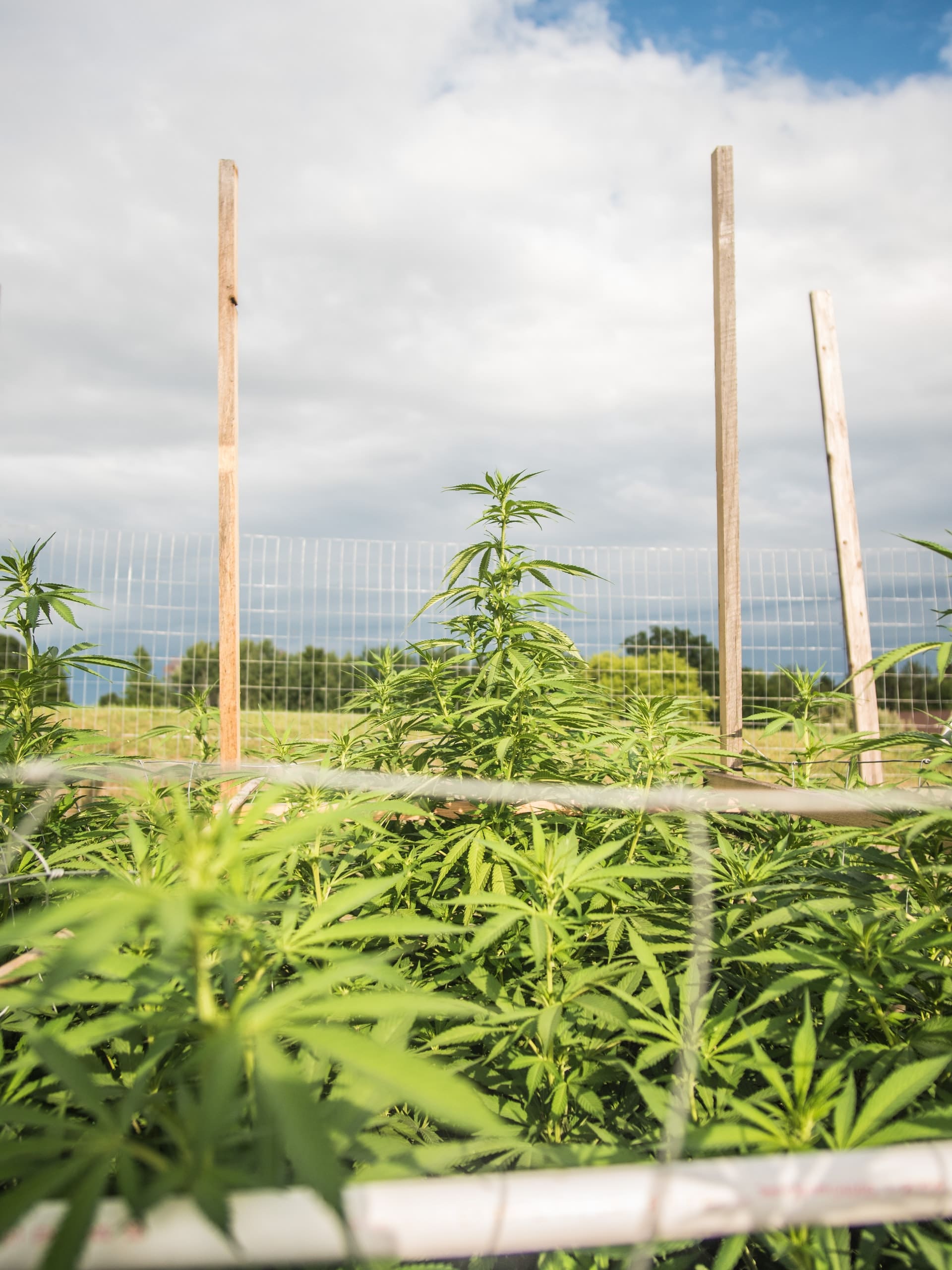
A bill in the Colorado State Legislature attempts to cut outdoor marijuana farmers some slack in the face of bad weather and reduce cross-pollination between marijuana and hemp grows. However, not all of the Colorado hemp industry is on board yet.
House Bill 1301 — a beefed-up version of a similar bill last year that was postponed due to the COVID-19 pandemic — would allow outdoor cannabis growers to create a contingency plan to prevent crop loss during extreme weather conditions. The measure would create working groups to reduce cross-pollination between marijuana and Colorado hemp plants, as well.
Home to spontaneous weather, Colorado is more than capable of an untimely freeze for outdoor cannabis farms, which only harvest once per year, during the fall. Representative Daneya Esgar, the prime bill sponsor, says that these farmers deserve more protection for such financial impacts.
“This bill was introduced last year in response to outdoor grows having very stringent regulations and losing millions of dollars because of adverse weather,” Esgar told her colleagues on the House Finance Committee during HB 1301’s first successful vote, on May 24. “We’re just bringing it back and making it better than it was.”
The best practices to prevent crop damage from bad weather would be created and enforced by the state Marijuana Enforcement Division, according to Esgar’s bill.
The other outdoor cannabis issue HB 1301 hopes to address — cross-pollination between plants — could be more polarizing among farmers. Although marijuana and hemp are regulated and grown differently, they’re still of the same plant genus and can easily cross pollinate miles away from each other if grown outdoors. Marijuana plants grown for THC content are feminized and don’t have seeds, just like hemp grown for CBD. However, industrial hemp grown for grain and fiber is full of seeds and pollen, which can pollinate seedless cannabis plants, including hemp.
“We’re trying to figure out how we can educate everyone, because there are some unintended consequences of cross-pollination,” Esgar said.
When cross-pollination between marijuana and hemp occurs, a handful of problems with regulations, including loss of yield and profit, are presented, according to Zack Dorsett, a Colorado hemp farmer for Blue Forest Farms in Longmont.
“It’s so bad,” he says in an interview with Westword. “We had a neighbor one year that grew un-feminized seeds and was spraying pollen all over the place, and the whole crop pretty much got ruined that year.” Hemp can also be harmed in the cross-pollination process, with some Colorado hemp crops testing above the federal THC limit of 0.3 percent after being pollinated by other cannabis plants.
There is pushback against the bill from some hemp industry members, however.

